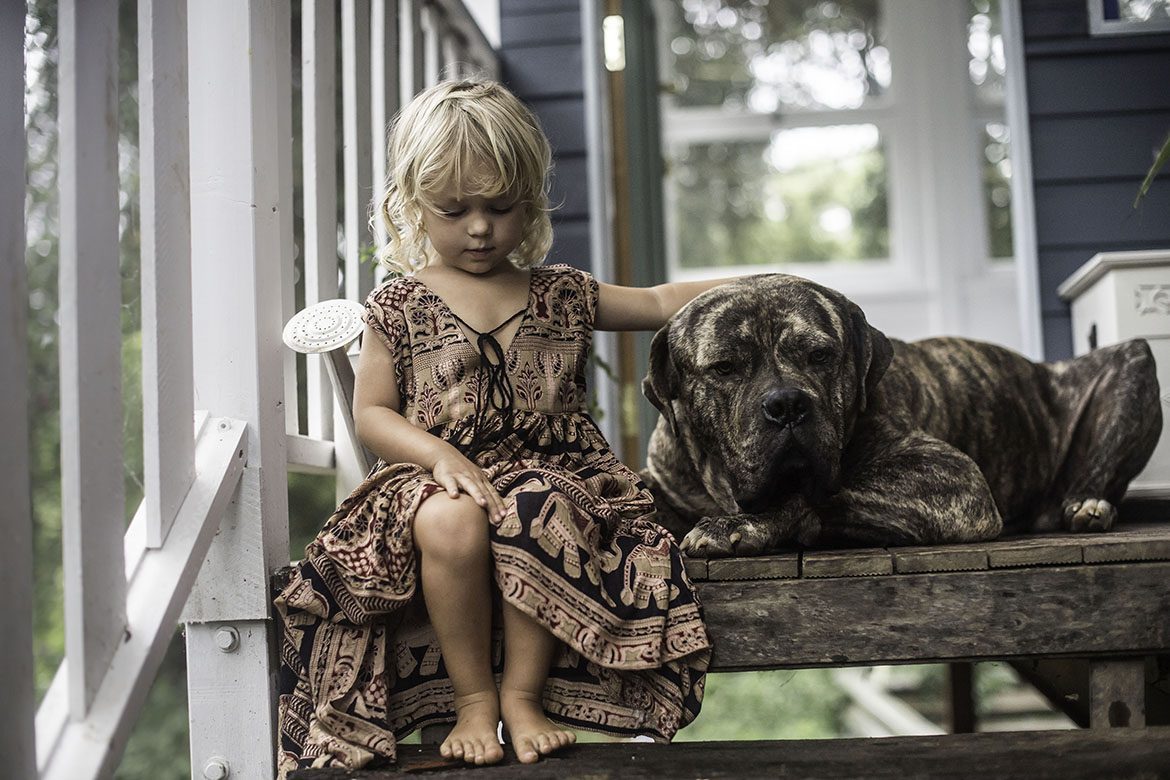By Sarah Moore
Moving with kids isn’t easy. Heck, moving without kids is hard, too. I understand so well; my six-year-old child has known four homes in her life so far, and she’s about to know more. Although it’s not any easier to pack the boxes this time around, I’ve learned some important lessons that truly do make moving easier on children.
Some of these tips address the emotional side of moving; some are logistical.
Tell kids when you know the details of your move.
How’s your poker face? Yeah, mine isn’t so good either, and especially not with big news. To the extent that it’s important to name the proverbial elephant in the room, let kids know early that you’re moving. Children don’t like life-altering surprises sprung on them any more than adults do. Allow them time to process. Besides, it’s much better if they hear the news from you directly than if they overhear it in conversation (or from someone else). Our kids deserve honesty.
That said, if possible, do wait until you can share some details with them versus an anxiety-fostering “We might be moving.” Kids thrive on knowing what to expect in life, so an ambiguous “We’re selling the house and that’s all we know” would likely cause some unnecessary worry. A better option might be, “We’re selling the house and moving in with Grandma for the summer” or “We’re going to move from this apartment to a house that’s closer to the beach!” It helps all of us to have something specific and positive to imagine when we’re fantasizing about our new life ahead.
Be as specific as possible with them about what to expect. Spell out the steps and the process for them, especially if they’ve never moved before. They’ll want to know why you’re packing; who will come get the stuff; all the things we take for granted as adults.
When moving with children, be real about all the feelings – theirs and yours.
Whether or not you’re happy about moving, you’re likely to feel a whole lot of things. That’s completely normal. As I write this and ponder our own upcoming move, I’m somewhere between joyful and excited and trusting, to panicking, feeling overwhelmed, and mourning leaving our friends behind. It’s all there.
And do you know what children are likely to feel? All those same things. Just like our feelings can turn on a dime with “big life changes” like moving, theirs can, too.
Allow space for their feelings; allow grace for their feelings.
It’s important to be your authentic self with your children (they know you!) without having them feel emotionally responsible for your feelings. If you’re sad, it’s helpful to say things like, “I’m sad to be leaving my friend Tracy, and I’m working through my feelings about that. I want you to know, however, that I’ve got this. And I’m looking forward to staying in touch with her after we move.” (The “I’ve got this” of a version thereof is important.) Your kids need to know that you’re still their emotional rock.
Similarly, when you’re moving with kids, avoid imposing your experience on them.
Yesterday as we were leaving church, I mistakenly projected my own feelings and asked my child, “Wow, doesn’t it feel strange to be leaving this church?”
My child replied, “Not at all, Mommy. We leave church every week.”
Ha! Indeed we do. Not everything that’s surreal to me needs to be a big emotional experience to her.
Let your child have as many “regular” moments as you can.
Just because your head never strays from the impending move for more than 10 seconds, that’s not your child’s job. Your child’s job is to be a child.
Let your kids say goodbye to all the things.
Ask your children what’s important to them about where you live now. What do they like? Their answers might surprise you. For instance, I expected my child would want to see her favorite playground one more time before we move. We did that and we both verbalized our goodbyes to it. I didn’t necessarily expect, however, that she’d want to say goodbye to the bronze otter that sits outside our local City Hall.
Goodbye Otter. We love you.
And goodbye goats who live down the block. Goodbye library. And my oh my, goodbye bakery with the really good cookies. (Sniff.)
Talk about moving by using books, songs, and play.
So much about moving involves adults talking to children. As with all important topics, though, kids sometimes assimilate information better if we communicate in child-focused ways. For instance, you can sing songs about moving on to whatever lies ahead.
You can read books about moving. This one has stood the test of time in our house. (Ahem, our houses.)
Draw pictures about moving.
Ask your child to draw a picture to hang on his or her new bedroom wall. Help her envision joyful surroundings.
For little kids, role play. Stuffed animals are wonderful communicators when children speak to and through them. They’re common in some types of play therapy and can be wonderful for children’s stress relief.











